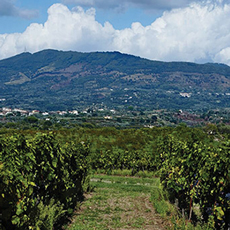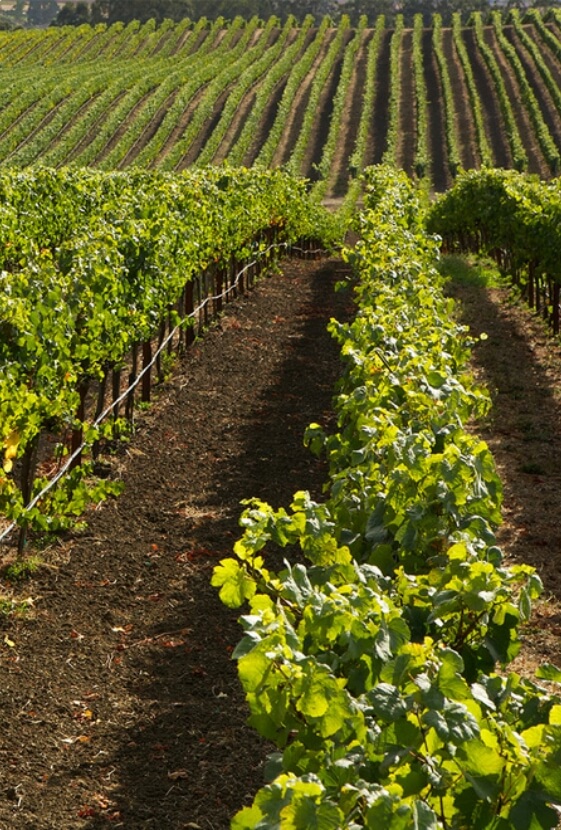

Falerno del Massico Rosso DOP 2014

Falerno del Massico Rosso DOP is obtained from 80% Aglianico and 20% Piedirosso grapes harvested after careful selection in the hilly vineyards of San Castrese estate, on the slopes of Roccamonfina volcano, in the province of Caserta. Red Falerno's winemaking process involves a first destemming of the grapes, followed by must maceration at a temperature between 77 - 79 °F for about 20-25 days. During fermentation, daily pumping over and delestages are carried out and at the end of alcoholic and malolactic fermentations, 50% of the wine is aged in Allier barriques (new for one third) and the remaining 50% ages in traditional Slavonian oak barrels for a period of 10-12 months. Before being on the market, the wine undergoes a further period of refinement in the bottle. “Nec cellis ideo contende Falernis”, wrote Virgil in his Georgics: Don’t try to outdo Falernum.
- Most famous wine in literature and history
- Aged for 12 months, 1/2 in oak barrique and the other 1/2 in Slovanian casks





